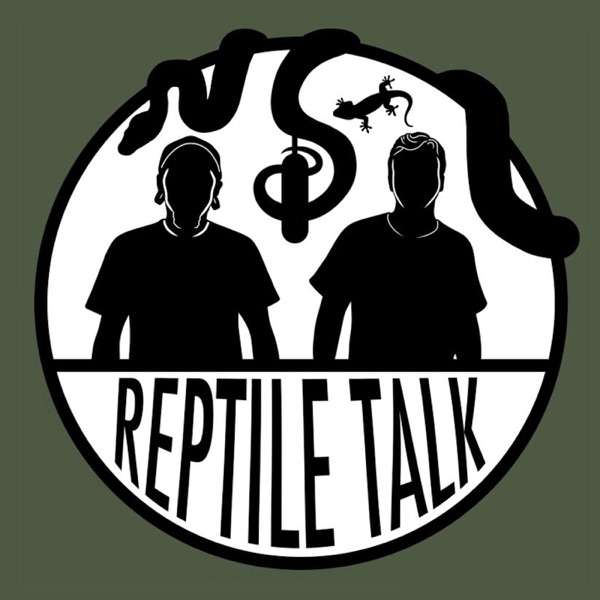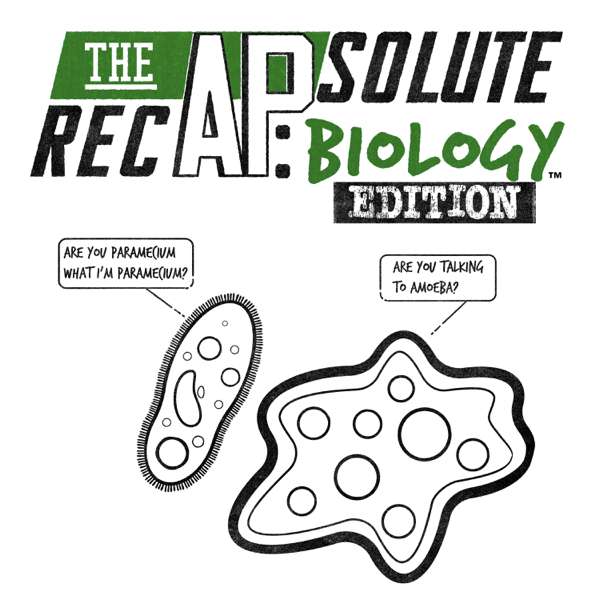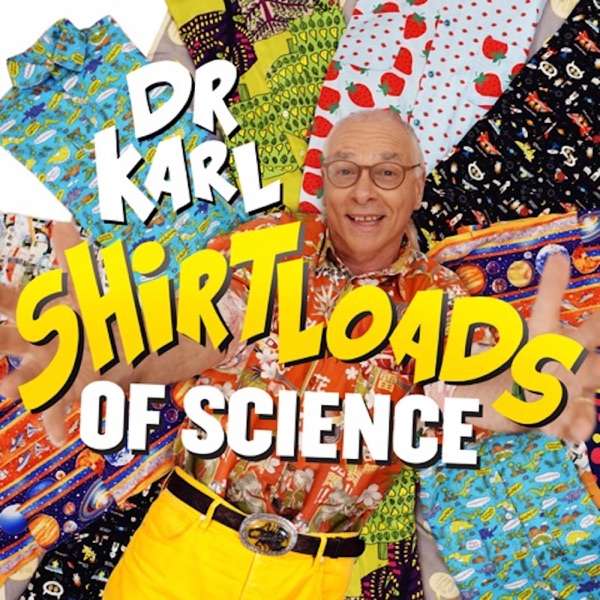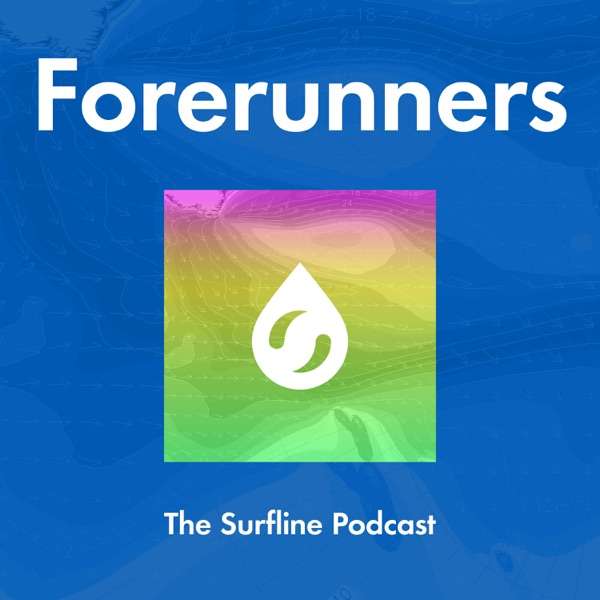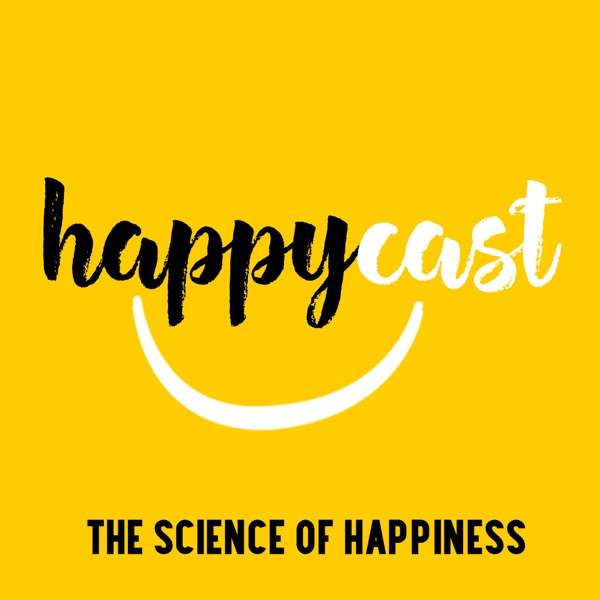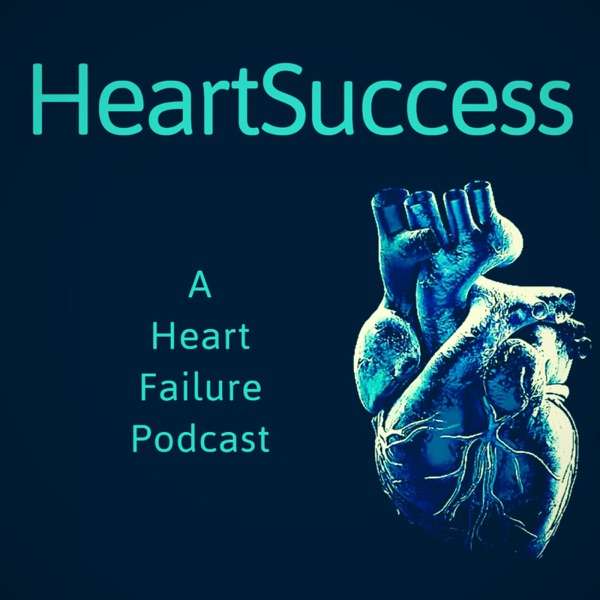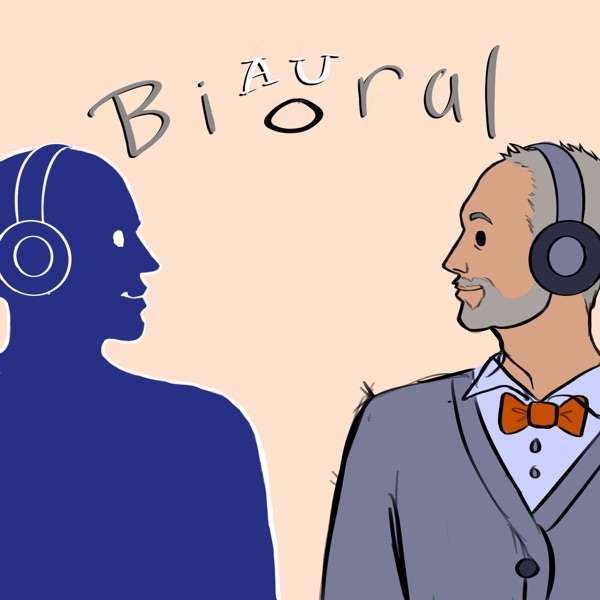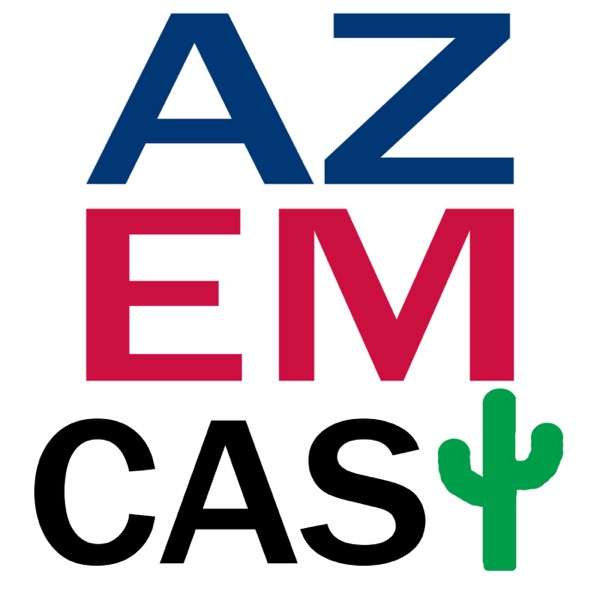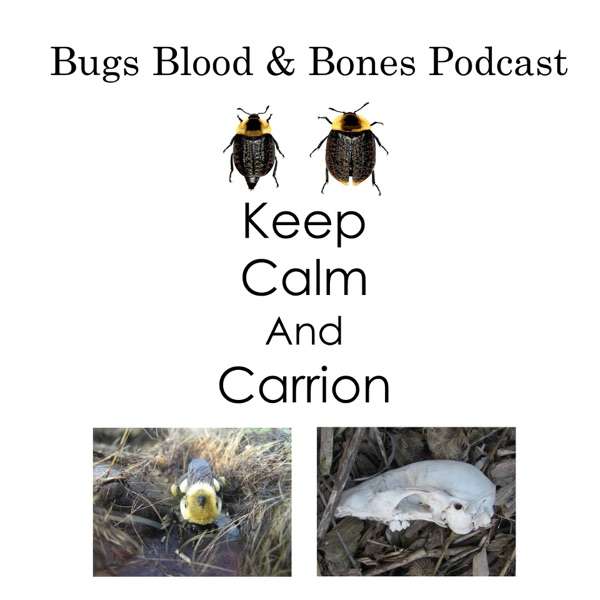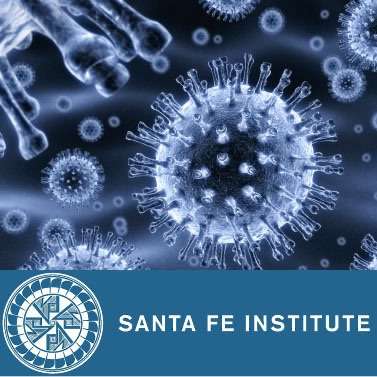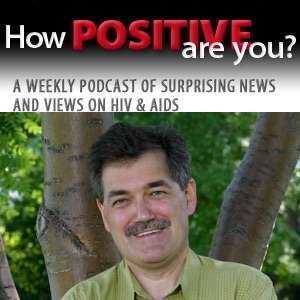THE GOOD news: our homebuilding industry is jam-packed with new materials, new techniques, and new systems, and it’s so easy to get information online in an instant. THE
BAD news: How do we know what we can trust, what will work, and under what conditions? Where do we turn to separate the spin-and-hype from the true-and-square? We’ve got you covered! The UnBuild It Podcast is an industry-leading opportunity to get good information. UnBuild It podcast is a three-member team – Peter Yost, Building Scientist; Jake Bruton, Builder, and Remodeler; and Steven Baczek, Architect. We are nationally recognized industry leaders: Jake as a homebuilder, Steve as an architect, and Peter as a building scientist. You can find us at leading homebuilding industry events, in top-notch publications, and online media outlets. We believe that solid industry-related information has four key ingredients;
RELEVANCE: You need insight on your job site. Jake, Steve, and Peter are in the field regularly doing what we strive to do. We walk the walk – then talk about the walk. We have worked together long enough to build on each other’s expertise and not take ourselves too seriously. We are among the best at taking what may seem like complicated concepts, breaking them down, and turning them into job-site-ready breakthroughs.
ACCURACY: Jake is often quoted as saying, “Trust but Validate.” We don’t ask you to be the bleeding, leading edge; we develop trusted solutions based on our work in the field, pushing each other to practice what we preach. Our accuracy comes out of triangulation: building, design, and performance.
UTILITY: We guarantee that each podcast episode will move you from all ears to all action. Our information is born from our work. We pride ourselves on delivering information you can use the same day you listen to an episode.
CAMARADERIE: We work together because we love homebuilding, hitting the airwaves, and humor. We are not doing our job if you are not enjoying learning with us during each episode.
Read More

 Our TOPPODCAST Picks
Our TOPPODCAST Picks  Stay Connected
Stay Connected
